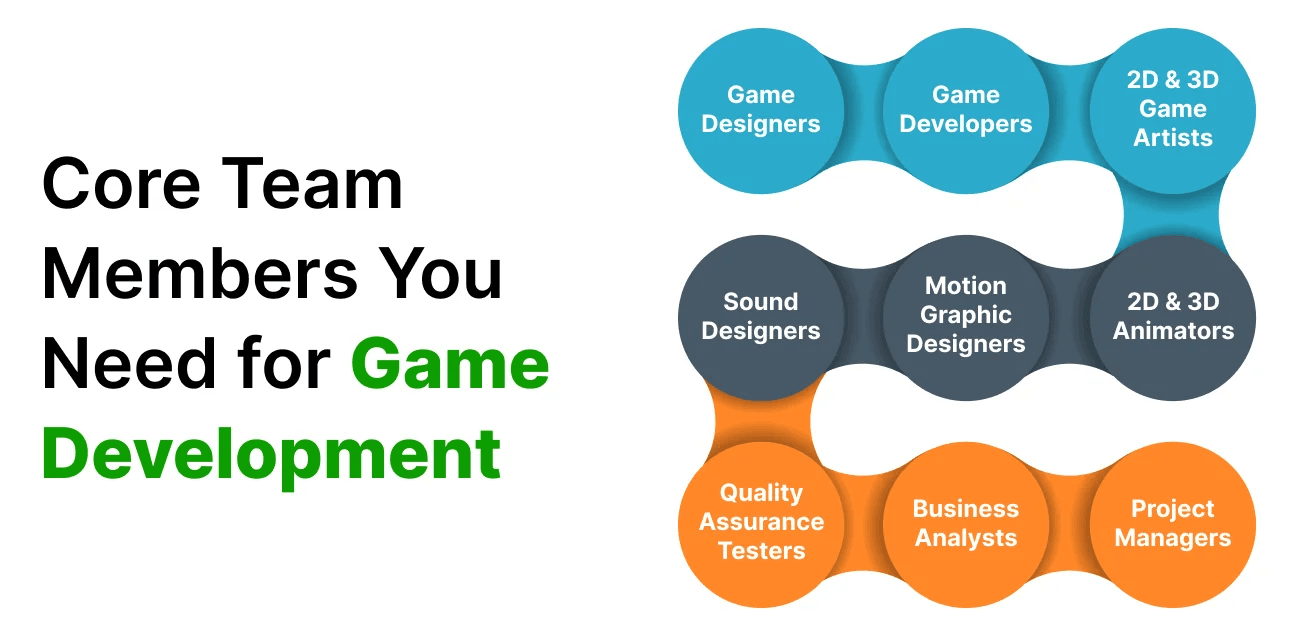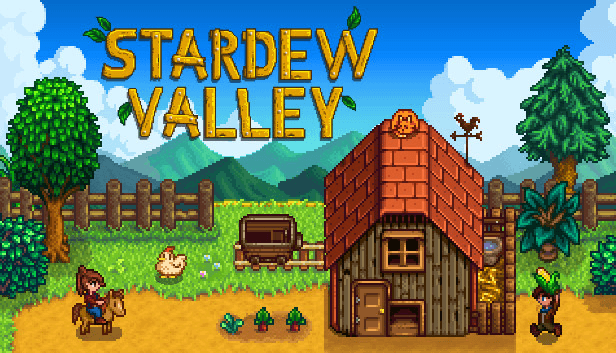The Indie Dream vs. The AAA Machine: What's the Real Path to Success?
Working in the creative industries: is freelancing the road to success?
For many of us in game development, the "indie dream" is the ultimate goal. But is it the only path?
The biggest "pro" of being a freelancer or a solo indie developer is, of course, the freedom of action and creativity. You have the opportunity to take risks and discover new horizons in game worlds. You are your own boss; only you decide the future direction of your actions. Today you're making an RPG, and tomorrow you're working on puzzles or racing games.
In today's world, finding a job in IT, especially in a game studio, can feel like winning the lottery. Solo development gives you a chance to gain experience that was previously only available within large companies.
But there are significant downsides. The biggest "cons" are, first, the lack of teamwork experience, and second, the (in the vast majority of cases) much smaller reward for your work. You are limited in your ability to develop the kind of massive AAA giants that, frankly, are an honor and a glory to work on.
The Skills You Really Need
Mastery in programming is great, but without creativity and flexibility, a solo developer will find it very difficult. Creativity helps you find non-standard solutions in non-standard situations. Flexibility allows you to adapt quickly to change, regardless of its nature. Very often, you have to change the genre, the main mechanic, or even the game engine—all for the sake of the ideal that every game developer must strive for.

My Personal Take on the "Indie Dream"
Personally, I have always been attracted to the idea of being a developer in my own indie studio, being a big part of something new and unusual. It's inspiring to want to repeat the incredible stories of projects like:
- "Hollow Knight" by Team Cherry
- "Stardew Valley" by ConcernedApe
- The incredible and unique "Disco Elysium" by ZA/UM
- The no-less-legendary "Papers, Please" by Lucas Pope
In some cases, this is even a more "real" success than following the path of a game developer in a traditional studio, especially when your personal contribution was colossal.
Case Study: The Dream vs. The Nightmare
The indie path is a razor's edge between a masterpiece and a disaster.
The Ultimate Inspiration: Stardew Valley The developer who inspires me the most is Eric "ConcernedApe" Barone, the creator of Stardew Valley. His journey can be described by one of my favorite Latin phrases: "Per Aspera Ad Astra" (Through Hardships to the Stars). He did absolutely everything himself, working 10-12 hours a day, 7 days a week, for over 4 years. His story of triumph comes through tons of pain, sweat, and suffering. He believed in his project, and he finished it. This story proves that the dedication and passion of one person can create a masterpiece.

The Ultimate Failure: The Day Before The biggest failure is probably the game The Day Before from the studio Fntastic. It was a total collapse that led to the studio's closure in just 4 days. The blame lies with the unrealistic promises they made, but that's only at first glance. If you dig deeper, you see the full "starter pack" of failure: constant delays, a dead environment, a game built almost entirely on store-bought assets, a terrible technical state, and the use of "slaves" for work, whom they called "volunteers." This all led to a devastating community reaction and a permanent stain on the game and its developers.

The Best of Both Worlds
In my opinion, it's worth trying to work in both a large AAA studio and a small indie studio.
My plan is to start at a large AAA studio primarily to gain experience and inspiration, while saving and testing my own ideas in my free time.
And then, after building that foundation, I can create my own small studio or join an indie team. This will be the time to bring all my hidden ideas and desires to reality, to reveal myself as a creator, and not just an employee.
Also I can say that the main enemy of a developer is the incorrect scoping of the work. You must evaluate your skills and capabilities according to the situation and the game. Of course, it's desirable to have experience in large studios first, but even that isn't mandatory. The main thing is to have a clear head and a sincere desire to make a quality product.
How Papers, Please Was Made and The History of The Developer
